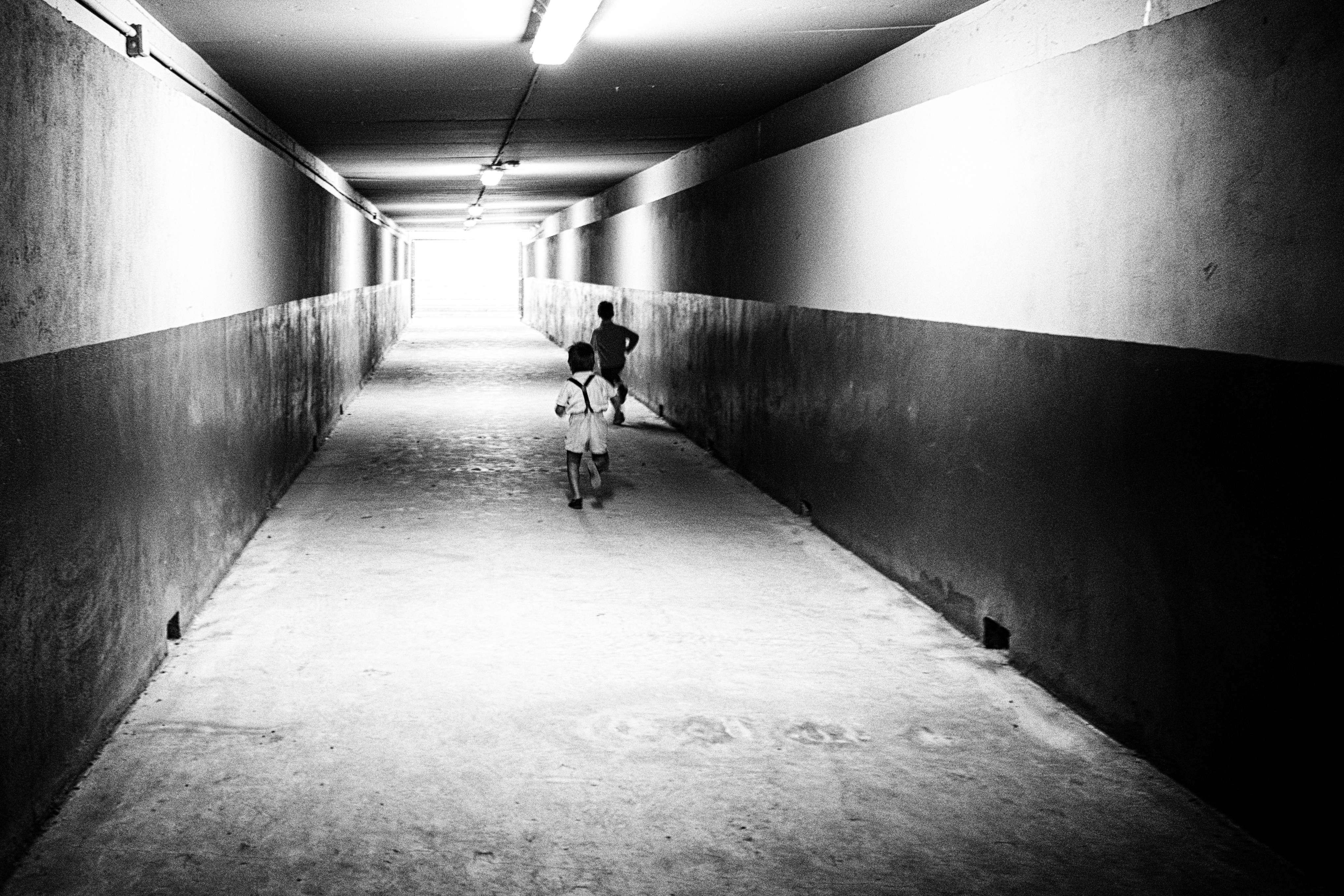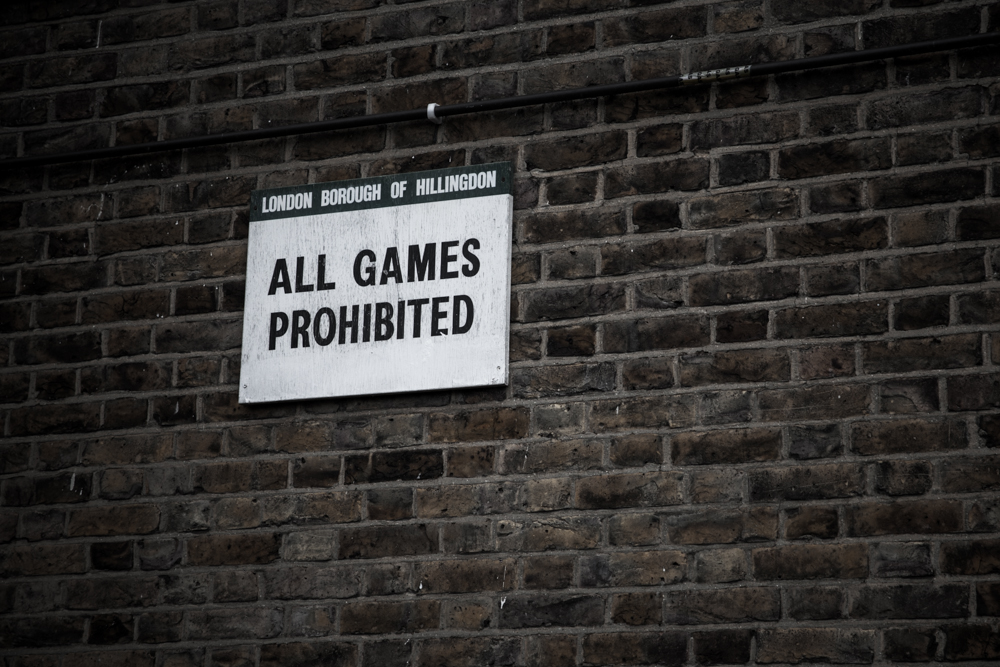In September 2015, the Supreme Court docket of British Columbia, Canada, dominated {that a} mom, recognized solely as ‘B.R.’, might now not depart her eight-year previous son dwelling alone for 2 hours after faculty. As reported in a Vancouver Solar article by Brian Morton, this courtroom resolution implies that youngsters underneath the age of ten can’t be left unsupervised underneath any circumstance.
The implications of this case attain far past B.R.’s private story, and should have critical penalties, elevating questions round babysitting, and even whether or not mother and father can depart youngsters alone in the home to fetch one thing from the yard or to have a dialog with the neighbours.
The ruling is seen by some as reflecting a shift towards helicopter parenting, the place mother and father “hover”, hardly ever leaving youngsters alone or permitting them to make their very own selections. This constant interference could actually hinder a toddler’s growth.
Kathleen Vinson, a professor at Suffolk College, views parental hovering as stopping youngsters from gaining a way of independence and privateness, which in flip can impede a toddler’s capacity to mature right into a wholesome, accountable grownup later in life. In her analysis, Vinson discovered that:
“…the influence of getting helicopter mother and father could have resulted in youngsters’s under-involvement in decision-making; lowered capacity to manage; and lack of expertise with self-advocacy, self-reliance, or managing private time.”

Vinson’s analysis highlights a helplessness and lack of management that many of those youngsters really feel. As they transfer by adolescence to enter college and an more and more aggressive job market, these younger adults could discover it tough to juggle the stress introduced on by sudden autonomy.
Related views are expressed by Lenore Skenazy, writer of the weblog Free Vary Youngsters. With tongue-in-cheek, this self-proclaimed “world’s worst mother” speaks out towards ways corresponding to GPS-tracking one’s youngsters. She helps the concept that it’s regular for each mother and father and kids to make errors. In accordance with Skenazy, these experiences are a possibility for a kid to develop and mature:
“Childhood isn’t against the law. Down time isn’t harmful. Actually, it’s the fertile soil the place creativity takes root. Do you want you’d grown up along with your mother monitoring your each transfer? If not, don’t do it to your personal child.”
However mother and father typically imagine they’re doing the proper factor. Over-attentiveness could come from a spot of real concern, and the implications of leaving one’s youngsters unattended.

A Mother and father Journal article explains that for a lot of, even the smallest failure or accident can appear disastrous, particularly if parental involvement might have prevented it.
And parental involvement is a vital side of a kid’s psychological well being and growth. Of their textbook, Dwelling and College Relations, College of North Dakota professors Glenn Olsen and Mary Lou Fuller study the influence of parental participation in youngsters’s training. The authors discovered that youngsters whose mother and father confirmed extra curiosity and involvement of their progress tended to excel academically throughout a number of domains, together with classroom efficiency and standardized testing—a development that continued effectively into increased training.
Nonetheless, issues come up when father or mother involvement extends too far, leaving younger adults helpless in looking for their footing, impeding regular growth and failing to foster independence.
For such competencies are essential to deal with the trials and tribulations of grownup life.
– Andrei Nistor, Contributing Author
Picture Credit
Function: Dennis Skley on Flickr, Inventive Commons
First: Eduardo A. Ponce on Flickr, Inventive Commons
Second: Dani Vazquez on Flickr, Inventive Commons
